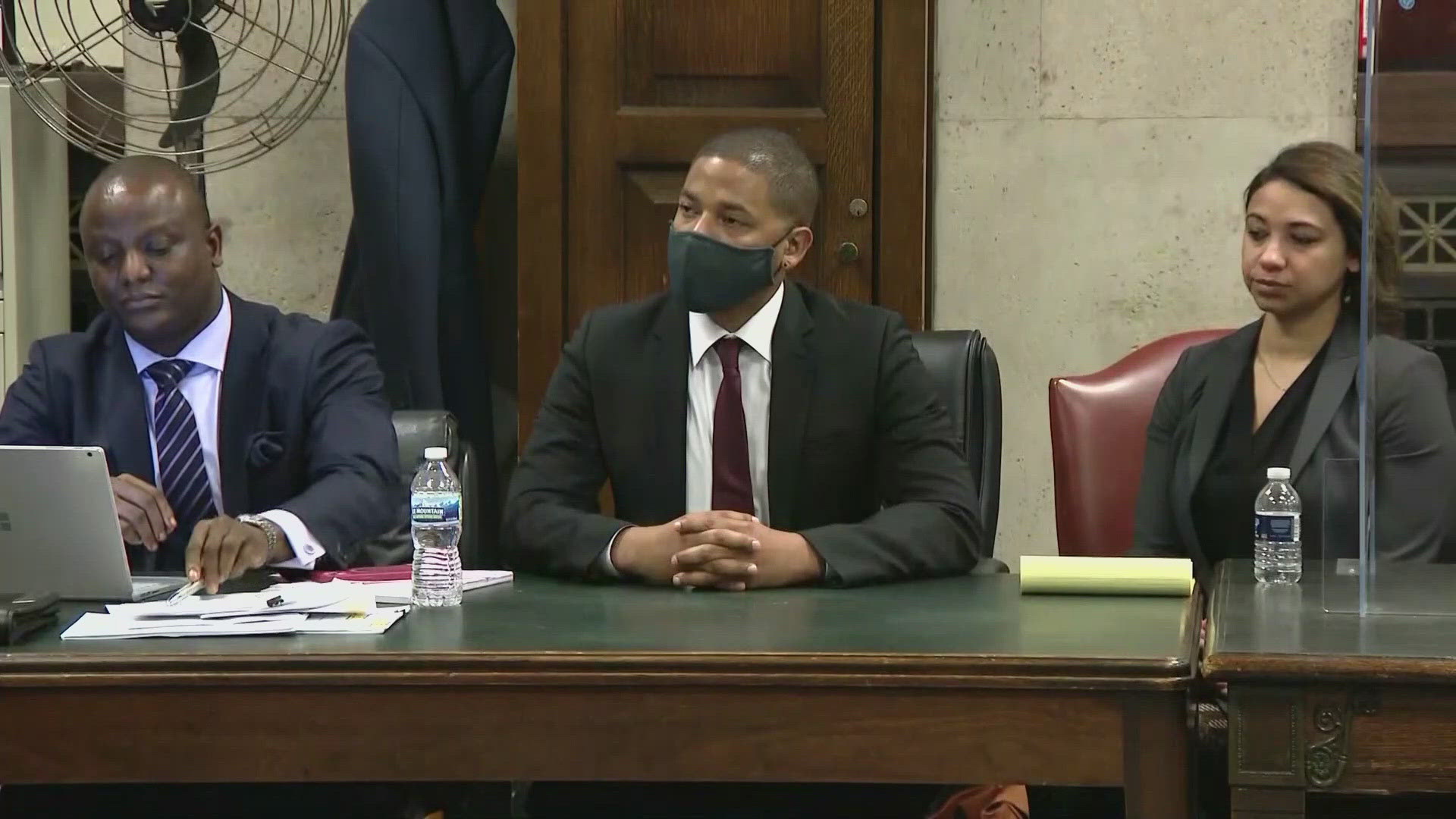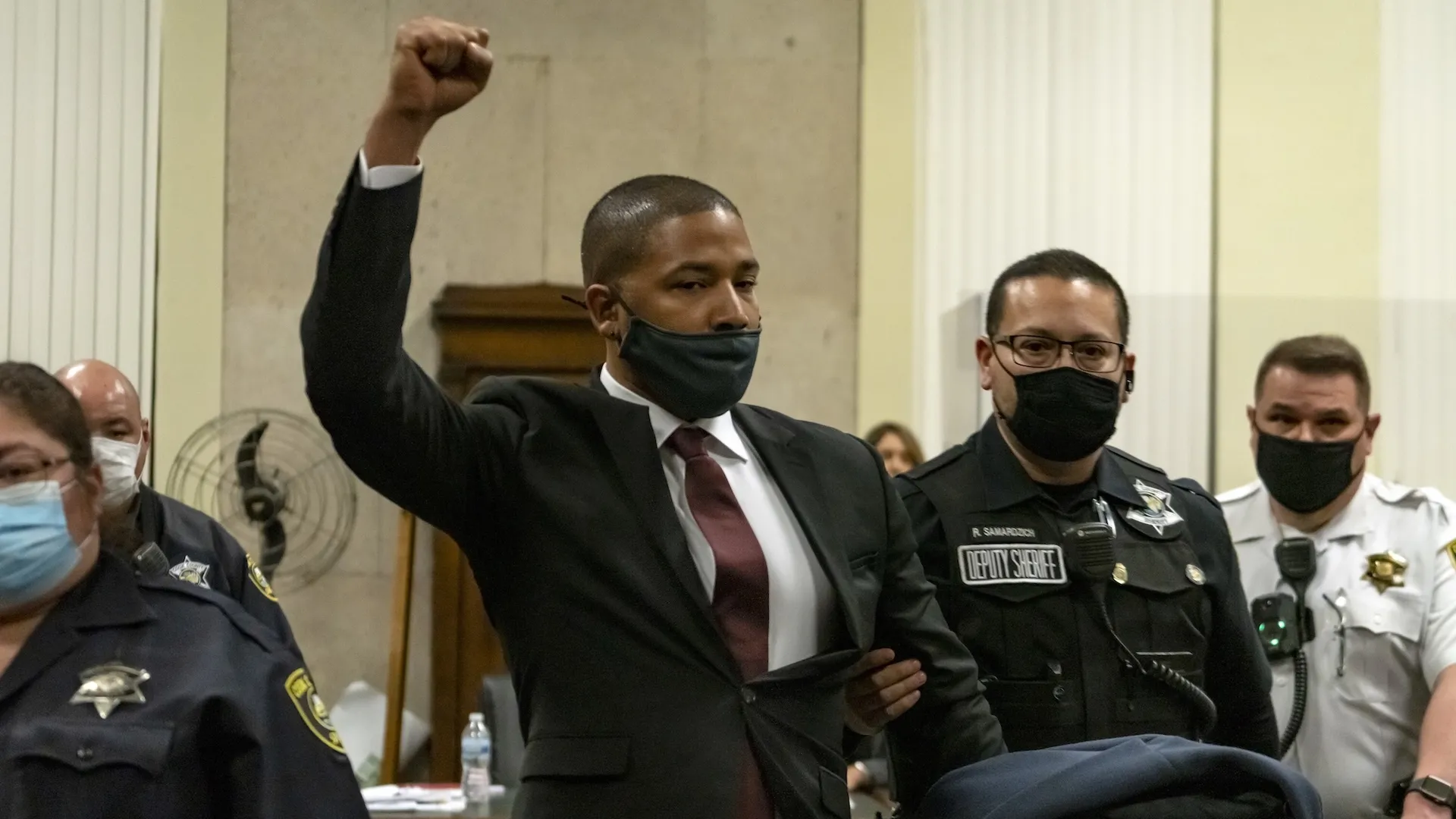Jussie Smollett, a name once synonymous with groundbreaking performances and representation in the entertainment world, has now become a central figure in one of the most controversial legal and social disputes of recent years. From his acclaimed role on Empire to his embroilment in a polarizing case of an alleged homophobic attack, Smollett's journey has captured global attention. The recent decision by the Illinois Supreme Court to overturn the charges surrounding the actor’s 2019 incident adds yet another layer to this complex narrative. As this case continues to spark debates on justice, prejudice, and media influence, let us delve into its history, explore current trends, and contemplate the potential future ramifications. Follow us at Gen Z Vintage Experts Share How to Shop for a Second-Hand Holiday Gift.
Jussie Smollett’s Homophobic Attack
In January 2019, Jussie Smollett reported being the victim of a brutal attack in Chicago. He claimed that two men wearing MAGA hats physically assaulted him, hurled racist and homophobic slurs, and even tied a noose around his neck. The incident, framed against the backdrop of rising hate crimes in the United States, garnered widespread sympathy and led to significant outcry from activists, celebrities, and politicians alike.
However, as investigations unfolded, doubts began to surface. Chicago police alleged that Smollett staged the attack to gain publicity and boost his career. This claim was based on evidence, including the testimony of two Nigerian brothers who confessed to being hired by the actor to orchestrate the event. The situation quickly escalated, shifting public perception of Smollett from victim to suspect. In February 2019, Smollett faced felony charges for filing a false police report, which were later dropped in a surprising move by Cook County prosecutors—a decision that further polarized the public.

The legal twists continued in 2021 when Smollett was found guilty on five counts of disorderly conduct for allegedly fabricating the incident. Sentenced to 150 days in jail, he maintained his innocence, stating that he was unjustly targeted and vilified. His declaration of innocence kept the debate alive, with supporters arguing that systemic bias played a role in the judicial process.
Related: The Merry Gentlemen
Related: Anne Hathaway's Next Big Project: Bringing Colleen Hoover's Verity to Life
The Illinois Supreme Court Ruling
In a dramatic development in 2024, the Illinois Supreme Court overturned Jussie Smollett’s conviction. The ruling cited procedural irregularities and insufficient evidence to uphold the charges, emphasizing that the actor’s rights to a fair trial may have been compromised. This decision reignited discussions about the handling of high-profile cases and the impact of media narratives on judicial outcomes.

Supporters of Smollett celebrated the ruling, interpreting it as a victory for due process and an acknowledgment of flaws in the legal system. Meanwhile, critics expressed frustration, claiming that the decision undermined the efforts to combat false reporting and ensure accountability. The Illinois Supreme Court’s decision has not only reshaped public opinion on the case but has also amplified broader conversations about systemic biases, celebrity influence, and media sensationalism.
Media, Public Sentiment, and Legal Precedents
The overturning of Jussie Smollett’s case highlights several significant trends in contemporary society. Firstly, it underscores the growing role of media in shaping public perception of legal matters. From social media campaigns to round-the-clock news coverage, the court of public opinion often wields as much influence as the legal courts themselves.
Secondly, the case has drawn attention to the complexities of hate crime reporting. Advocates stress the importance of creating environments where victims feel safe to report genuine incidents without fear of disbelief or retaliation. Conversely, skeptics argue that cases like Smollett’s can undermine public trust in hate crime statistics, potentially deterring real victims from coming forward.
Lastly, the ruling raises important questions about legal precedents and accountability. Will this decision influence how future cases of alleged false reporting are handled? Could it lead to reforms in judicial processes to ensure fair trials regardless of public and media pressure? These are the pressing questions now dominating legal and academic discussions.